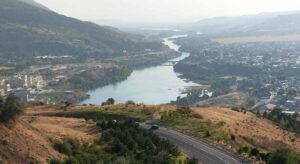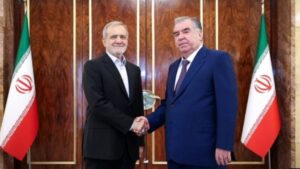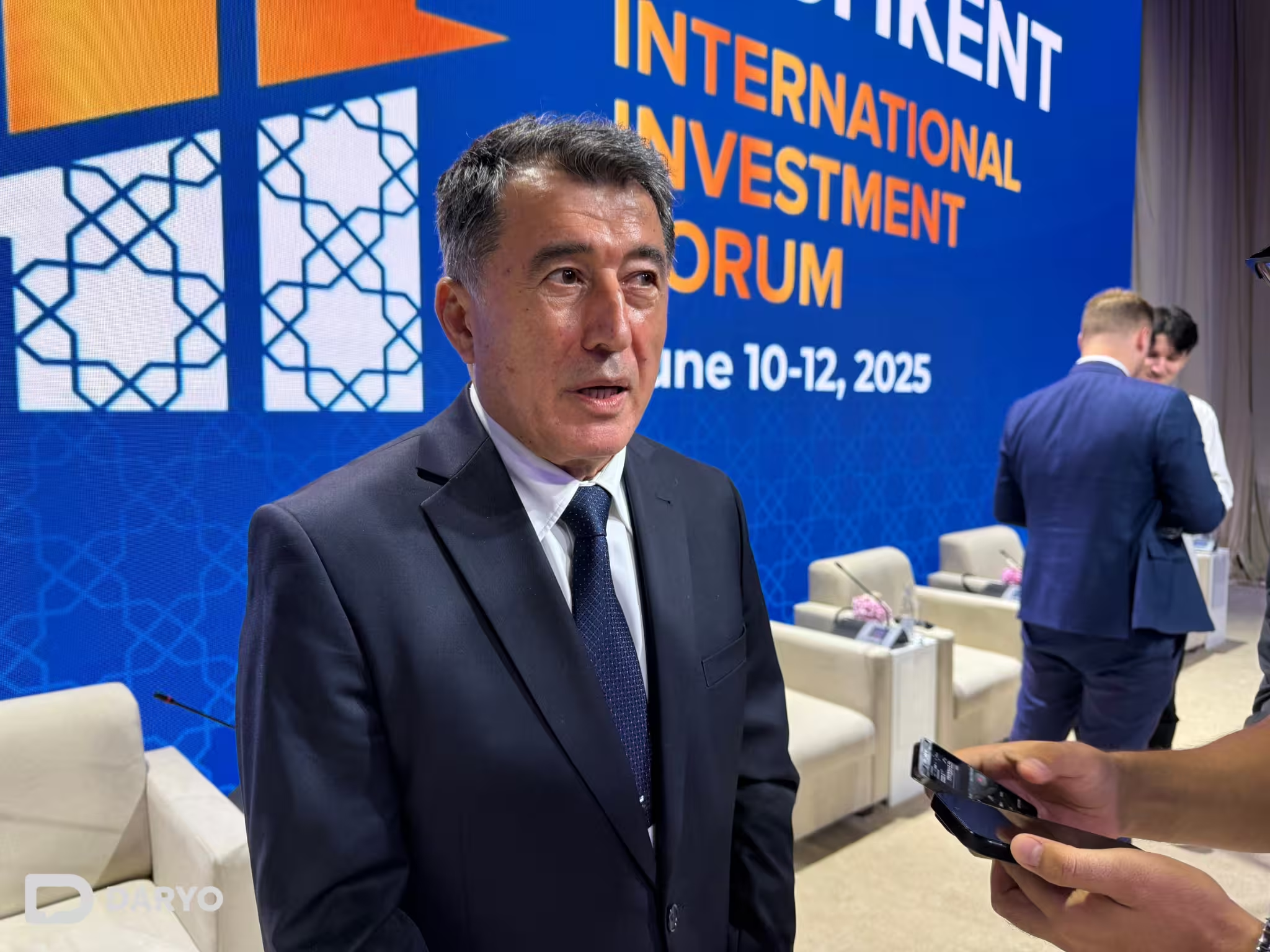By 2050, cities are projected to be home to more than 70% of the global population and generate over 90% of the world’s economic output. Even now, urban centers drive around 85% of global economic activity. Against this backdrop, New Tashkent — designed to accommodate up to 1mn people — presents a unique opportunity to emerge as a leading example of intelligent and flexible urban development in Central Asia.
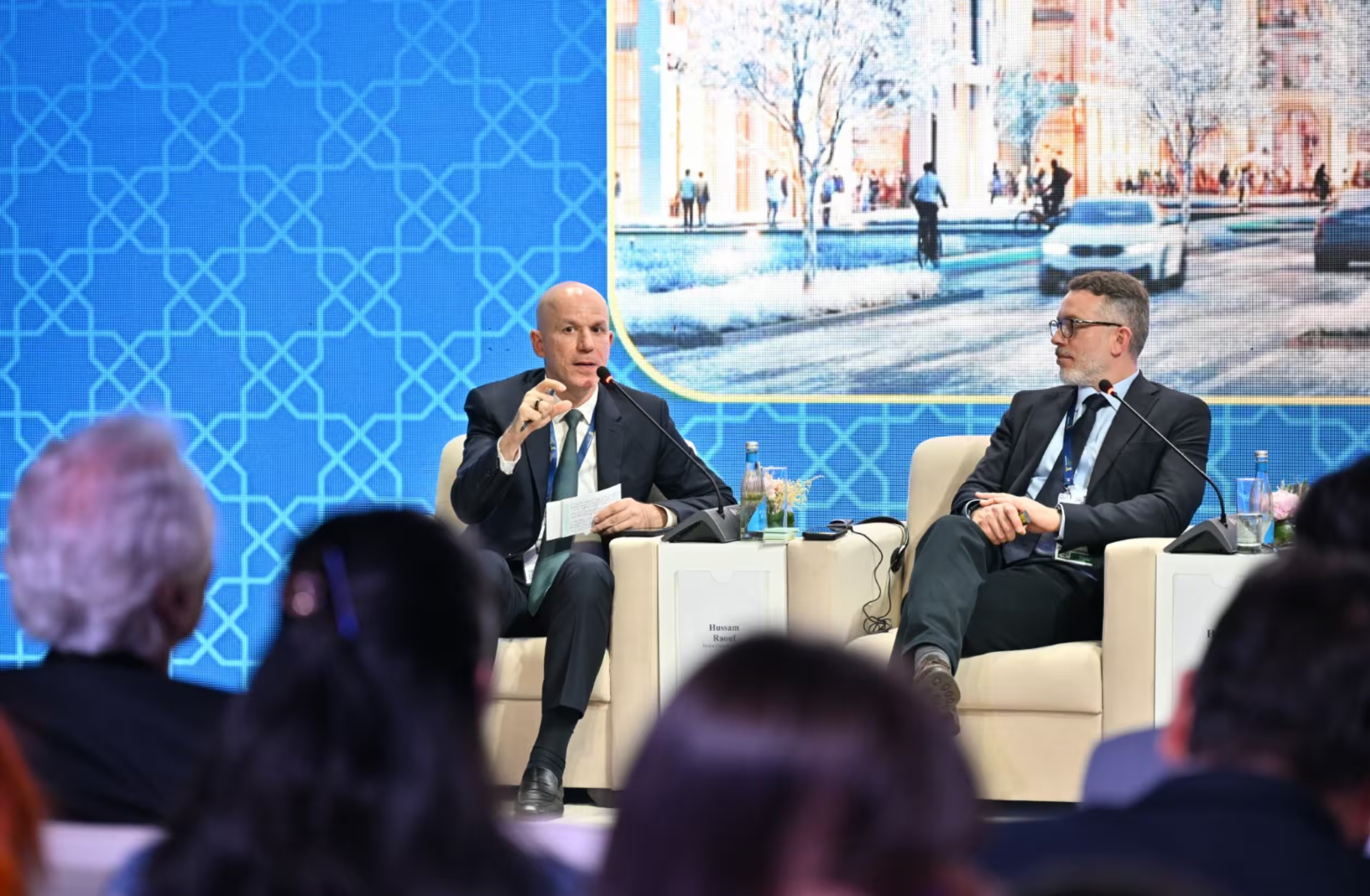
The city was the focus of a key panel discussion at the Tashkent International Investment Forum (TIIF) on June 12. During the session titled “Urban Development and Construction: Modernizing Infrastructure for Sustainable and Comfortable Growth,” Hussam Raouf, Partner and Director at Boston Consulting Group (BCG), moderated a conversation with leaders from Alstom, Zaha Hadid Architects, Cross Works, Synergy Consulting, Anhor Evolution, and KOC Construction.
Raouf highlighted that traditional urban models are no longer sufficient to meet the needs of today’s rapidly changing world. As urbanization accelerates, cities must manage critical resources like territory and population in smarter, more inclusive ways.
Emerging trends in mobility, migration, and work-life dynamics are transforming how cities function, while digital technologies such as autonomous vehicles, digital twins, and smart control centers are reshaping how people live, move, and work. In this context, resilience, adaptability, and responsiveness to global disruptions and climate-related events are becoming essential features of any successful city.
One of the key themes discussed was the increasing expectation from residents for more personalized and on-demand urban services. Concepts like the 15-minute neighborhood—where daily necessities are accessible within a short walk—are gaining traction, along with the need for deeper public engagement in urban decision-making.
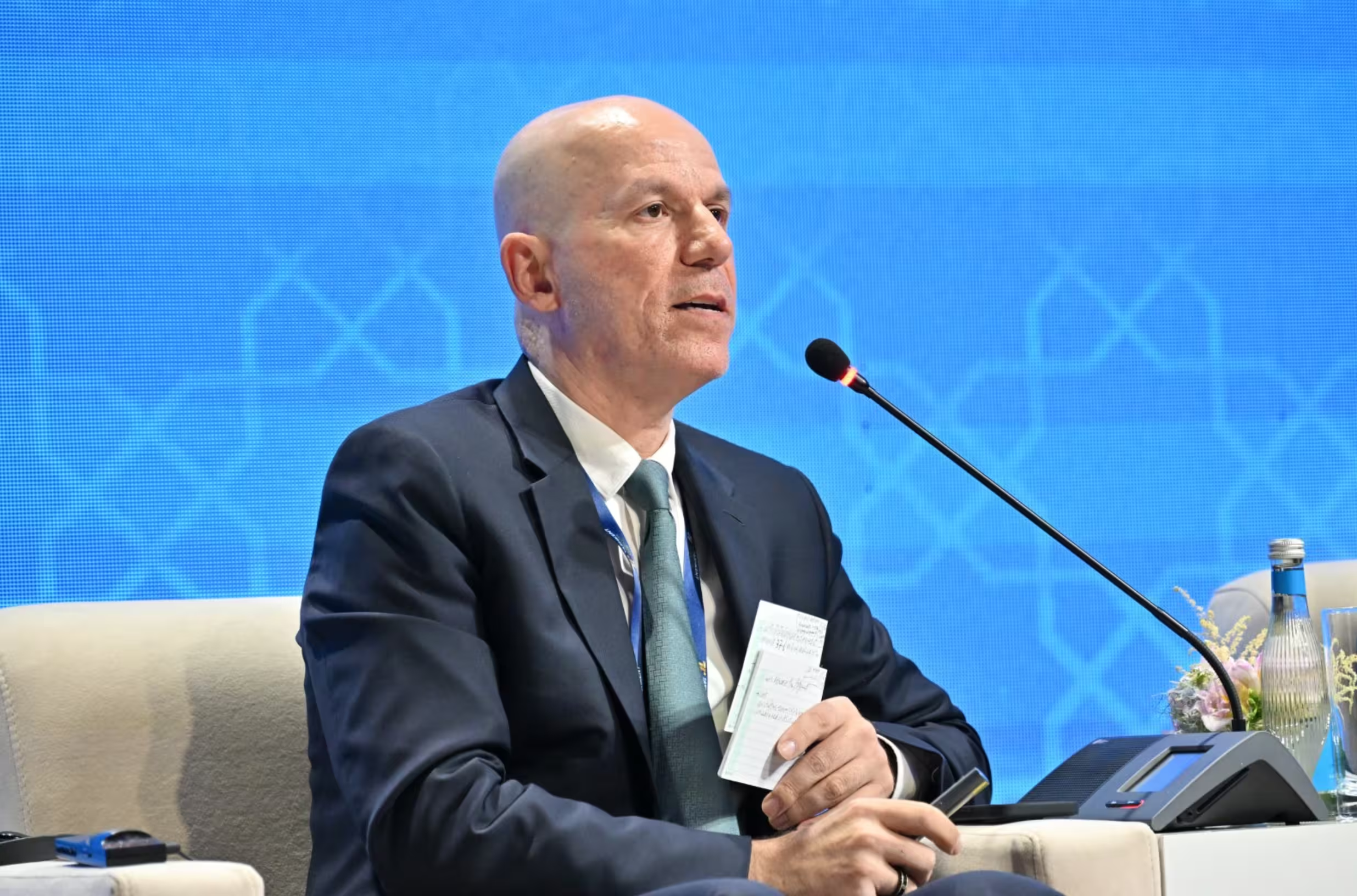
At the same time, cities are expected to foster economic growth, promote equity, and support innovation. These demands require a fresh perspective on planning and governance.
To help guide such efforts, BCG presented a framework of 14 key principles for modern urban development. These principles include inclusivity, compact and polycentric growth, mixed-use planning, healthy living environments, innovation, infrastructure resilience, and environmental sustainability.
The panelists emphasized that the planning of New Tashkent is not just about creating more space, but about rethinking how cities are built to be inclusive, resilient, and technologically advanced.
Rather than replicating traditional urban forms, Uzbekistan has a chance to design a people-centered city supported by smart systems and sustainable practices. The goal is to create a city that is livable, equitable, and responsive to both residents and external challenges.
